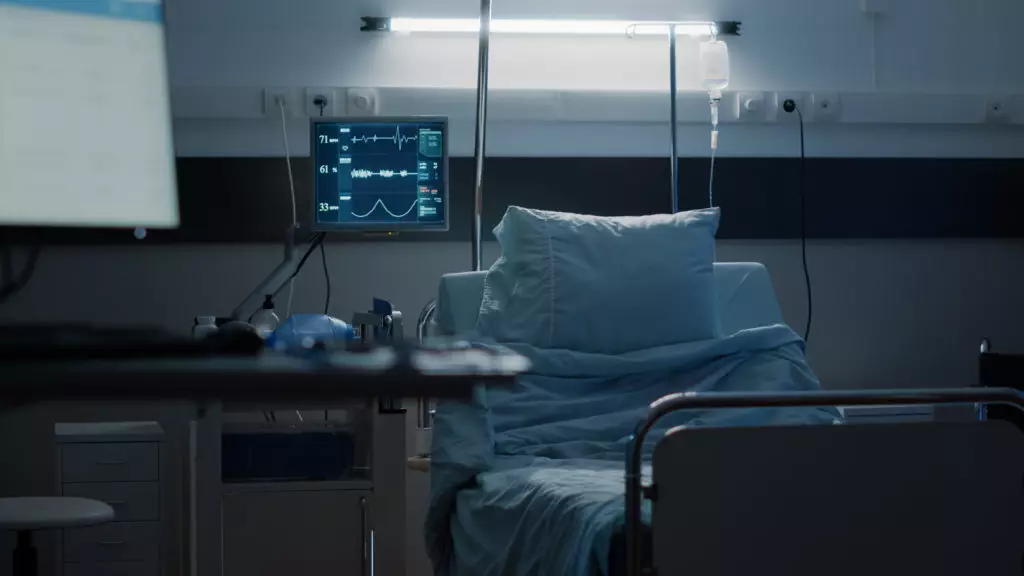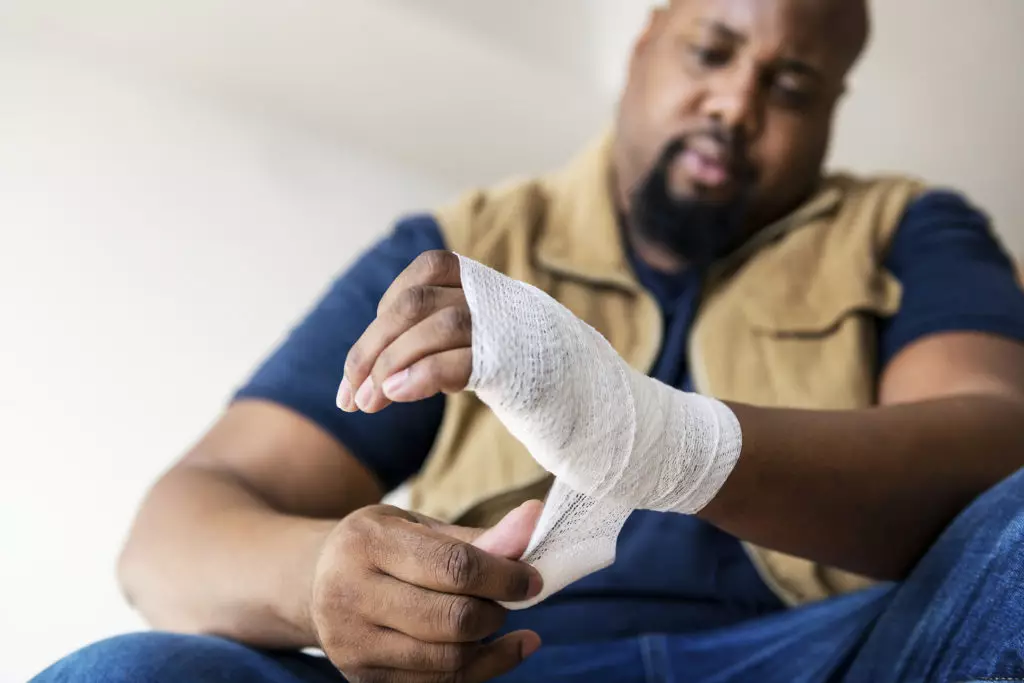Table of Contents
If you are injured due to the negligence of someone else and are unable to get the medical attention you need because of insurance and liability issues, a LOP may help. LOP simply means Letter of Protection.

How to Define LOP
The most basic LOP definition is that a Letter of Protection is a legally binding document between an injury victim, their personal injury attorney, and their medical provider that guarantees payment for medical expenses.
Letter of Protection for Medical Treatment
When someone is injured due to the negligence of someone else, a personal injury lawsuit can be filed seeking damages for injuries and losses. Consider: if the injured person needs medical treatment but doesn’t have the money to pay for that care- what happens?
In certain situations, their personal injury attorney may issue a Letter of Protection that basically guarantees that medical treatment rendered will be paid from a personal injury lawsuit settlement or award.
For example, imagine you are injured in a motor vehicle accident and your health insurance provider refuses to pay for medical treatment. Your provider may require the at-fault driver’s auto insurance carrier to foot the bill once you have completed treatment, and your healthcare provider may not be willing or able to wait for the money. This is where a Letter of Protection may be of benefit.

Letter of Protection for Medical Bills
A Letter of Protection is a contractual agreement between you and your healthcare provider. If you do not have private insurance coverage or your insurance provider has denied coverage and you don’t have the money for bills out of pocket, then your medical bills could easily mount to become a significant burden.
Your lawyer may be able to issue a LOP that promises your doctor that funds for medical bills will come from a personal injury lawsuit settlement or award. However, a letter of protection is generally not used when you do have private health insurance that will provide coverage.
Your insurance should be your first route of payment for medical bills.
A LOP is more often used when insurance providers deny coverage or when the injured does not have private health insurance and is unable to pay upfront.
But keep in mind, if there is no settlement or award, then the responsibility for paying those medical expenses will fall on the injured party.
Letter of Protection for Work Injuries

If you are injured at work, you may find that your private health insurance and workers’ compensation insurers might each demand the other entity pays for your medical care. Your ability to get the treatments you need could be affected when these types of situations occur.
However, personal injury attorneys can write a LOP to your doctor for medical expenses and bills that you may not be able to afford to pay out of pocket. The LOP can help you get the medical care you need by promising payment for that care will be paid directly from a personal injury lawsuit settlement or award.
Is a Letter of Protection Legally Binding?
Yes, a lop is a legally binding contractual agreement between the injured, their personal injury lawyer, and their medical provider. When you sign an LOP you are promising to pay your medical bills out of an award or settlement, or legally you will have to pay the bills from your own personal finances.

How a Letter of Protection Works in 4 Steps
- You hire a personal injury attorney for work injuries or injuries sustained due to the fault of someone else.
- Your personal injury attorney drafts a Letter of Protection to your doctor, hospital, or medical provider that assures payment from a settlement or award in a personal injury lawsuit and that LOP is accepted by the medical provider.
- You obtain the medical treatment and therapies you need to recover as fully as possible.
- Your doctor and medical providers are issued payment from your personal injury lawsuit award.
Letter of Protection – Frequently Asked Questions
Do I Need a LOP if I Have Good Health Insurance?
No, if you have quality private health insurance you probably will not need a LOP. In some circumstances your insurance may demand the insurance provider of the at-fault party pay, and that other insurance provider may want to wait to pay until you have reached maximum recovery. Depending on the injuries, this is something that could take years, and most physicians won’t wait that long for pay.
Does My Healthcare Provider Have to Accept My LOP?
No, medical providers do not have to accept the promise of the LOP and may still seek payment from you.
However, physicians who regularly treat accident victims may be more used to medical liens than others who do not.
Can a LOP Be Used Against Me?
The insurance provider of the at-fault party may try to use a LOP against you. They may say that the doctor who accepts a LOP is biased and wants you to get as much compensation as possible. Or they may say a course of treatment is unnecessary or that the costs are too high.
These types of arguments are all designed to get the injured party to accept a lower settlement amount. An experienced personal injury attorney will know how to handle arguments like these.
What Happens if I Don’t Win My Personal Injury Lawsuit?
Whether or not you receive a settlement or award in your personal injury lawsuit, you will be responsible for paying your medical bills. Your healthcare provider will pursue the debt and expect payment in full as agreed upon.
Should I Sign a Letter of Protection?
Some healthcare providers may have their own LOP that they want you to sign. Before signing, have your personal injury attorney review the contract. They will be able to tell you if signing is in your best interest or if an attorney-drawn contract would be in your best interest.
Is a Letter of Protection the Same as a Medical Lien
A LOP and a medical lien both essentially promise a healthcare provider that they will receive payment for medical treatment and services rendered.
The biggest difference between the two is that a medical lien is filed with the county and LOPs are generally not. Your personal injury attorneys will check for medical liens once your lawsuit is resolved through award or settlement. The medical lien will be paid from the settlement before the money is disbursed to you.
Oasis provides pre-settlement funding, also known as consumer litigation funding, to its customers through different products depending on their state of residence or cause of action. Many consumers will be provided pre-settlement funding in the form of a purchase agreement, which assigns a portion of the pending proceeds from their legal claim. Other consumers, such as those in CO, CT and SC will be offered a funding in the form of a pre-settlement loan, sometimes referred to as a lawsuit loan. These transactions have important differences, therefore, consumers should carefully review and be aware of the type of transaction that is offered to them by any funding company.